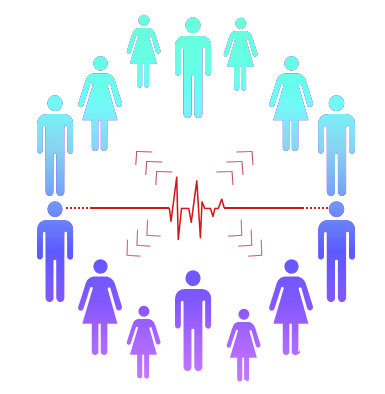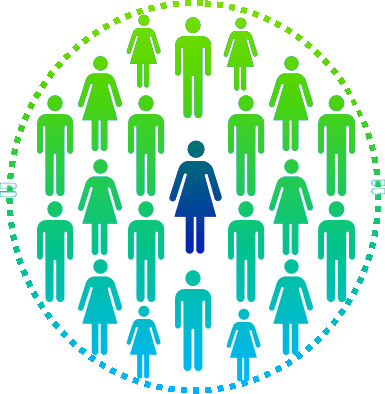
I understand what you think you are predicting, I just can’t work out why you think you predicted it…
Going to any of the web related conferences it is impossible to not notice how much of these end up being about predictive modelling. Anyone familiar with this modelling will know the literature is dominated by various forms of linear statistics. Here, you take two or more variables and map them onto each other using some probability distribution and a function representative of a straight line.
Continue reading →








